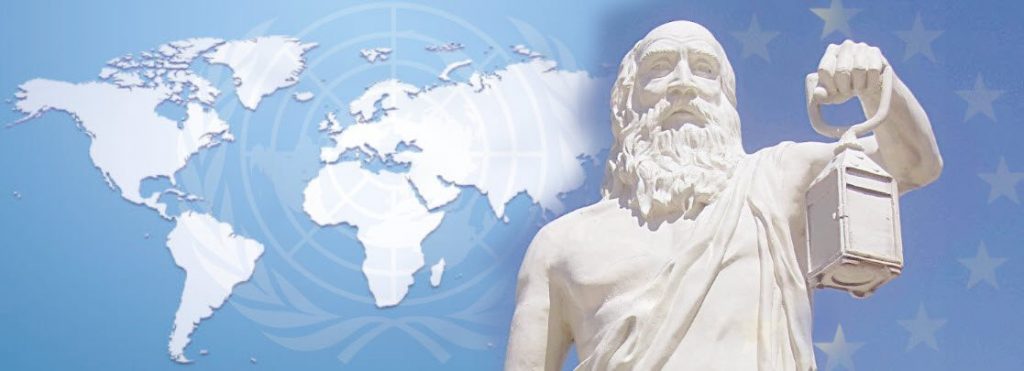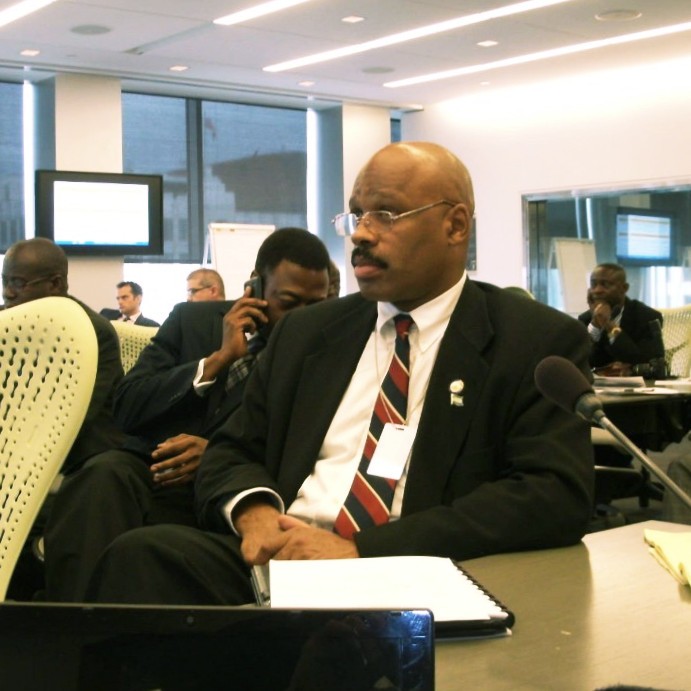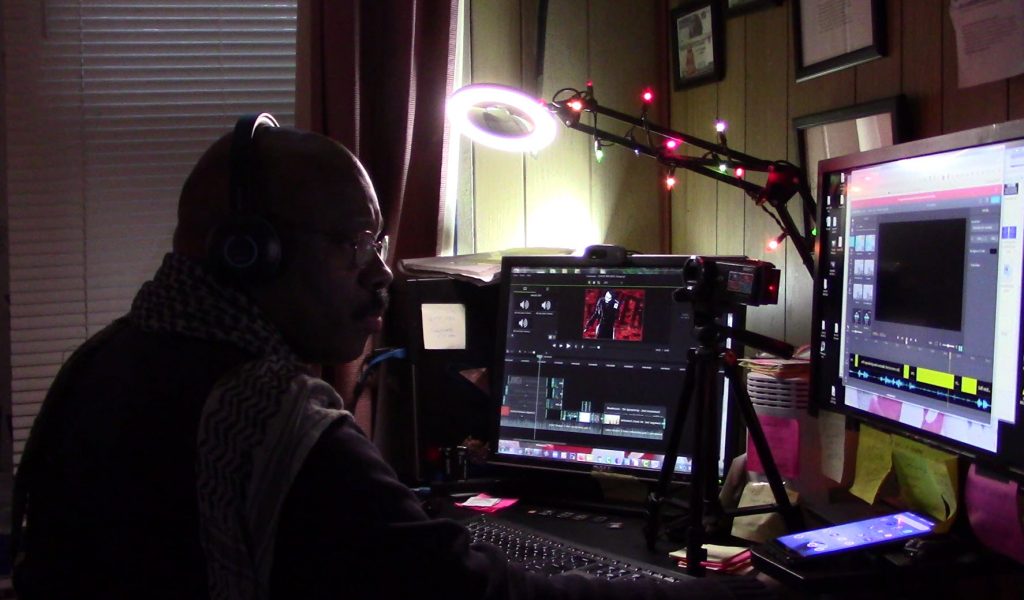

Muhammad Bey is a Philadelphia Entrepreneur with contacts from New York to Taiwan, London to Hong Kong , Cairo to Cape Town and Almost Everywhere in Between. Like Diogenes, seen above, Muhammad Bey has and continues to search in the Daylight for the Right People to do Business with.
Muhammad Bey has been successful in finding the right combination of products and personalities to aid you in getting the products you need such as Gold Bullion, Fuels Like JetA1 and D6, Supplies like Steel Drums and Food stuffs such as Brazilian Sugar.
Additional Products will be added in the Near Future.

It is very easy to get the products your need, simply follow the sellers procedures and be willing to show proof of Financial Capability when requested during the course of those Procedures, if this is something you are unwilling to do, then even the Best Service Providers cannot help you!
In the Battle Between the Rock and the Stream the stream always wins, Through Persistence!
Learn more about the world of Internet Brokering, Watch The Joker Broker Videos Series on My Yourtube Channel


There is a tide in the affairs of men,
Which, taken at the flood, leads on to fortune;
Omitted, all the voyage of their life
Is bound in shallows, and in miseries:
On such a full sea are we now afloat;
And we must take the current when it serves,
Or lose our ventures.
William Shakespeare
There is a tide in the affairs of men,
Which, taken at the flood, leads on to fortune;
Omitted, all the voyage of their life
Is bound in shallows, and in miseries:
On such a full sea are we now afloat;
And we must take the current when it serves,
Or lose our ventures.
William Shakespeare (1564-1616)